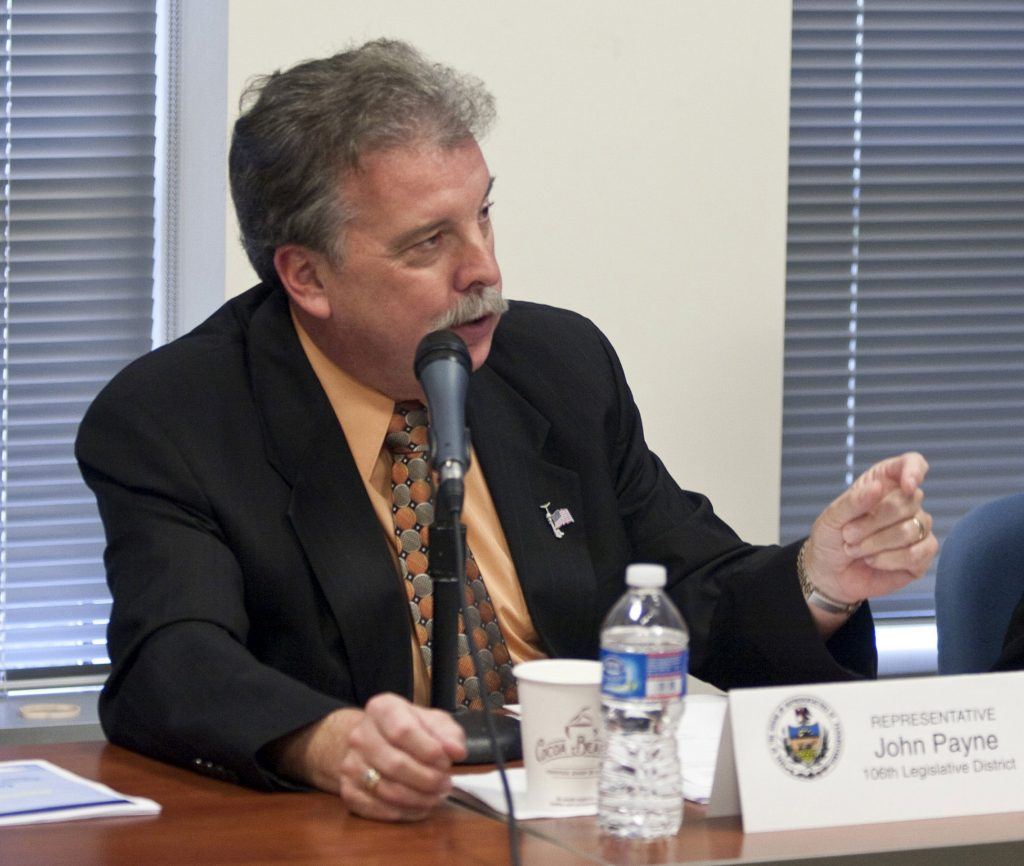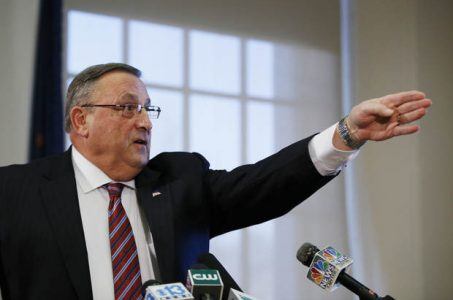Pennsylvania Online Poker Combined with DFS
Posted on: June 23, 2016, 05:23h.
Last updated on: June 23, 2016, 05:25h.

Pennsylvania’s bid to regulate online gambling will be attached to the state’s DFS regulation, a fact that poker players are hoping might be enough to carry it over the line. Equally important, the newly combined gambling reforms have avoided the addition of a controversial proposal to expand video gaming terminals (VGT) into bars and restaurants.
The VGT amendment is strongly opposed in the Senate and by the Pennsylvania’s casino and anti-gambling expansion groups, and would have severely hindered any regulation to which it was attached.
The state House of Representative voted 115-80 in favor of combining online gambling with DFS on Wednesday, while rejecting the VGT amendment 116-79. The newly combined package will now be sent to the House Appropriations Committee, as a matter of routine, before returning to the House floor for a vote, where it clearly has support.
Provided it receives a majority there, it will then pass to the Senate. Since there was no companion bill for online gambling in that chamber, it’s difficult to gauge the support for online gambling there, but its combination with DFS and the lack of a VGT amendment will certainly do it no harm.
Pennsylvania Online Poker Budget Urgency
Pennsylvania is looking for ways of plugging its long-term $2 billion deficit without the tax hike previously proposed by its Democrat governor, Tom Wolf. This week Wolf backtracked on his plan to raise taxes, asserting that he believed his budget priorities could be met without it; a statement that will increase the urgency to source new revenue streams.
A study commissioned the by the Legislative Budget and Finance Committee asserts that online gambling could boost state coffers by $120 million in its first year.
“I’m 65 years old with six months to go to retire. I’m not worried about getting my name in a bill,” said the architect of Pennsylvania’s online gambling regulation, Representative John Payne, this week in an interview with PokerNews.
“I want to see things get done. This is a way to get revenue for Pennsylvania without raising income or sales taxes. We have the intent to put this revenue toward our pension deficit, and that’s a good thing. It would give casinos additional tools to stay competitive with surrounding states, and that’s a good thing.”
California Passes Poker Bill Amendments
As lawmakers in Harrisburg were approving the pair-up, 2600 miles away, in Sacramento, California, the House Appropriations Committee was rubber-stamping amendments to California’s online poker bill.
These included new suitability language on “bad actors,” which will be defined as operators that offered gambling to Americans after the passage of UIGEA in 2006. A recent proposal had suggested the cut-off should be 2011, the date that the DOJ ruled that the Wire Act only prohibited online sports betting and not online poker or casino.
These so-called bad actors are now required to choose between paying a $20 million fee to the state or wait until 2021 to enter the market.
The bill will also now be going for a vote on the House floor but, despite its progress this year, it faces many more obstacles than its companion in the east and is openly opposed by a group of tribal operators.
All eyes, then, will remain squarely on Pennsylvania in the coming weeks.
Related News Articles
Dutch Regulators Warn Sports Betting Sites to Stop Ads
Match-Fixing, Honey Traps, and Blackmail: Simply Not the Cricket World Cup
Most Popular
Las Vegas Overstated F1 Race’s Vegas Impact — Report
LOST VEGAS: ‘Tony The Ant’ Spilotro’s Circus Circus Gift Shop
Mega Millions Reportedly Mulling Substantial Ticket Price Increase
Las Vegas Strip Stabbing Near The Strat Leaves One Man Dead
Most Commented
-
End of the Line for Las Vegas Monorail
— April 5, 2024 — 90 Comments -
Mega Millions Reportedly Mulling Substantial Ticket Price Increase
— April 16, 2024 — 6 Comments -
Long Island Casino Opponents Love New York Licensing Delays
— March 27, 2024 — 5 Comments
















No comments yet